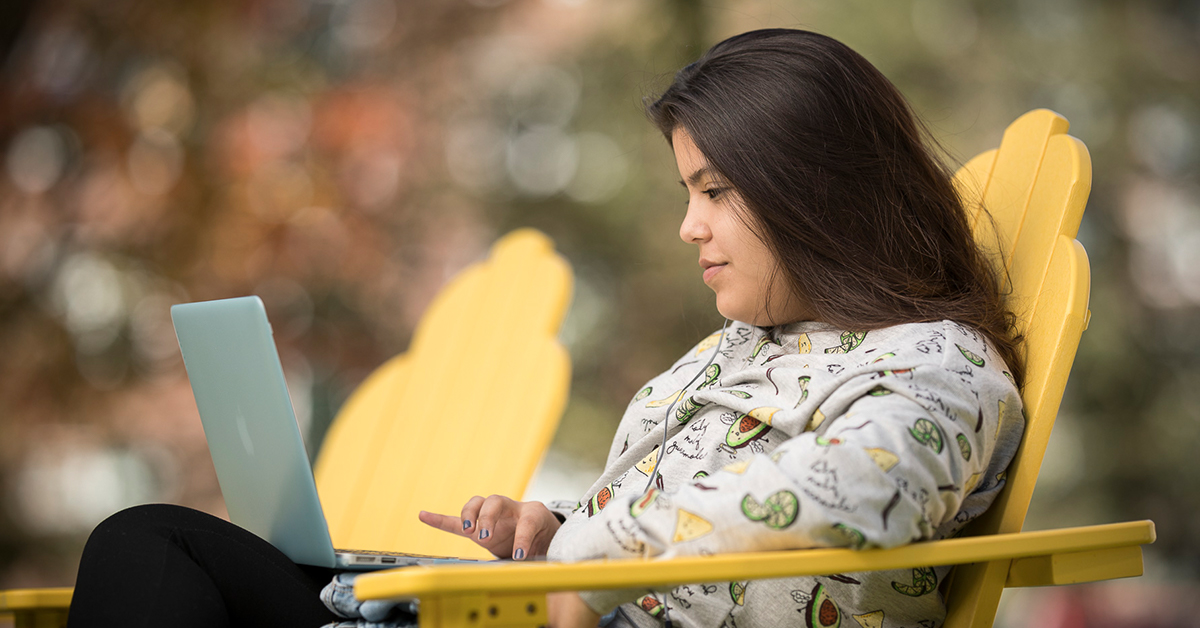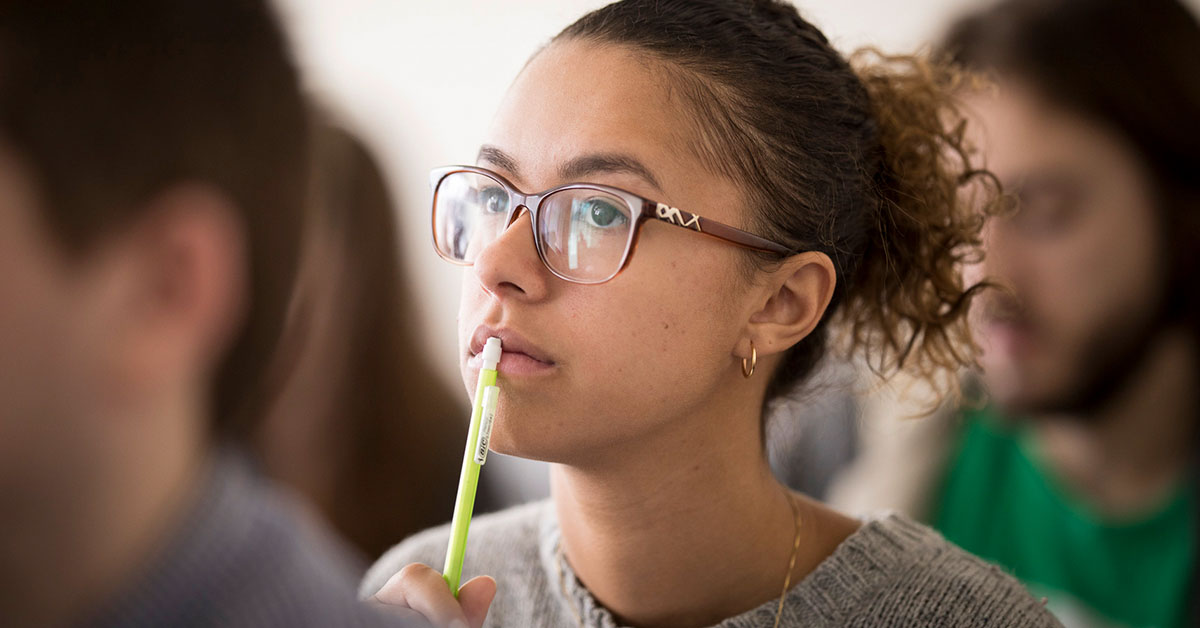Improv as Mindfulness Practice
Image you are on a stage, standing before an audience who is waiting to be entertained, by you, and you have prepared nothing. What may be your nightmare is a dream to improv comedians such as Tina Fey, Stephen Colbert, and Keegan-Michael Key. Improv comedy is about listening in the moment to any cues you may be receiving from a scene and responding authentically; no scripts, no preparation.
So much of our lives are planned, prepared, or organized, to the point where our ability to respond to the unexpected can atrophy; this is why mindfulness is fundamentally important. John Kabat-Zinn, a leader in mindfulness practice, describes mindfulness as “paying attention in a particular way; on purpose, in the present moment and non-judgmentally.” This simple practice can help keep our brain agile and able to respond to the unexpected, which has become essential in a connected, globalized world. As we explore our best path to mindfulness practice, improvisation should not be overlooked as an option.
Improv and Mental Health
While improvisation in theater dates back to the ancient Greeks, the modern improv games that we see on stage today were first developed by a social worker named Viola Spolin in the 1930s. Ms. Spolin used improv games to help immigrant children in Chicago’s West Side connect socially across language barriers. These games were later adapted to create America’s first improv theater. Today, the Emmanuel College Counseling Center uses improv games to treat social anxiety as part of our group therapy program. Improv can be used to access feelings or emotions in a safe environment and to practice experiencing those emotions in a different way.
Practice being Present
The goal of any mindfulness exercise is to focus the mind on a given task with purpose; you can focus on your breath, on a guided meditation, or whatever works for you. Improv games ask you to focus on your scene and roll with what you are offered. The parallels between improv and mindfulness are undeniable: both require you to be present, to accept and to be nonjudgmental.
Kelly Leonard of The Second City describes improv as “the practice on being unpracticed.” Improv requires practice, as does mindfulness. Improv actors practice regularly, using improv games to stretch their brains and prepare them to respond in the moment come showtime. You can use these games as part of your regular mindfulness practice; to train our brain to think differently, to focus on what is in front of you, to accept it and to be able to respond intentionally.
Mindfulness is widely accepted as a key to brain health and overall wellbeing. As you work to identify a mindfulness practice most suited to you, consider improv as a potential pathway to mindful bliss.
Curious about some other mindfulness resources?
Here are a few links you may find to be helpful:
- The Daily Mindful Moment Video series on the Counseling Center Instagram page or YouTube account; this covers a number of different ways students can practice mindfulness with guided meditations and exercises all under 10 minutes.
- Resources from the Counseling Center website:





 About Insights
About Insights
 About Emmanuel
About Emmanuel